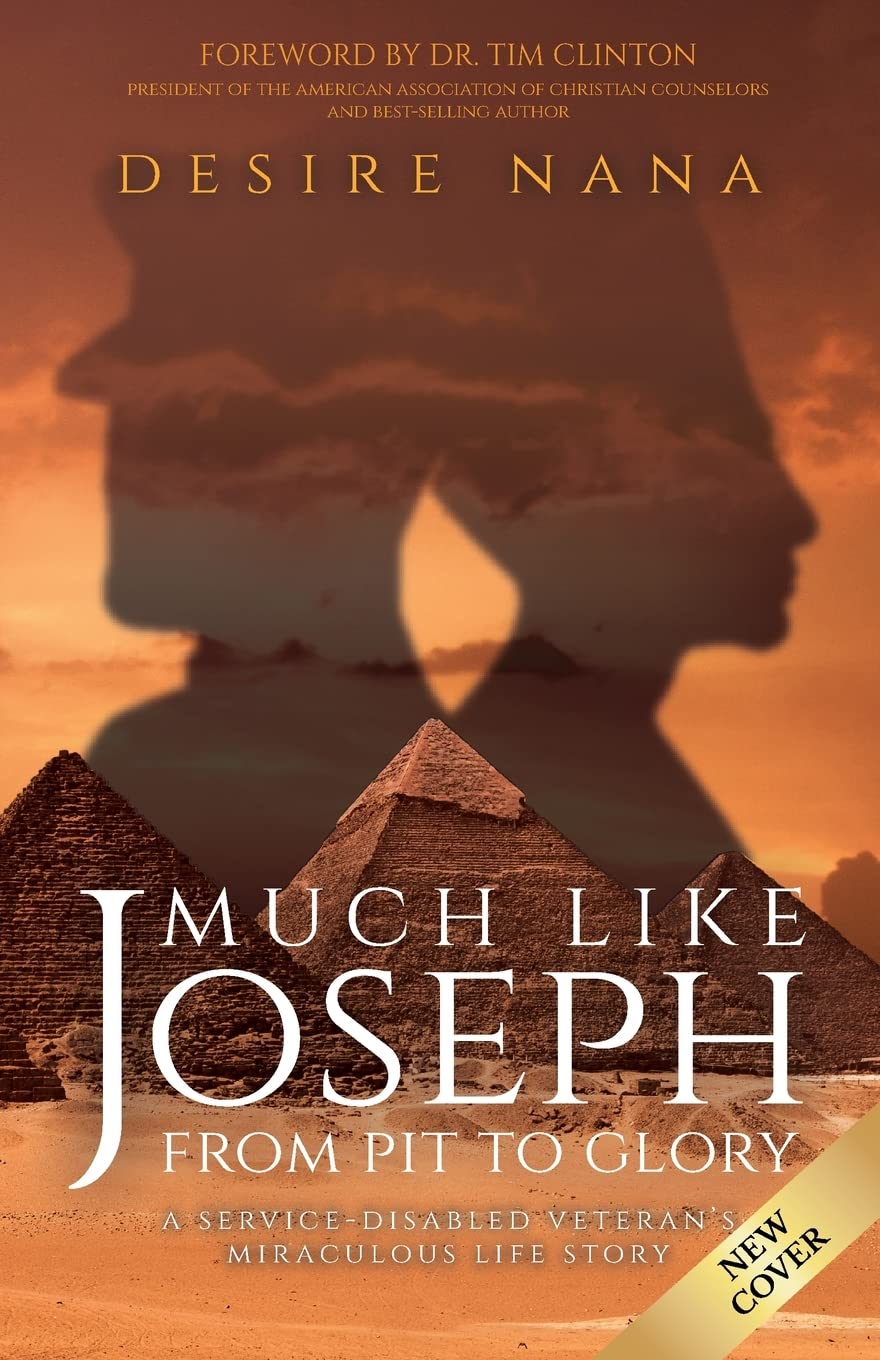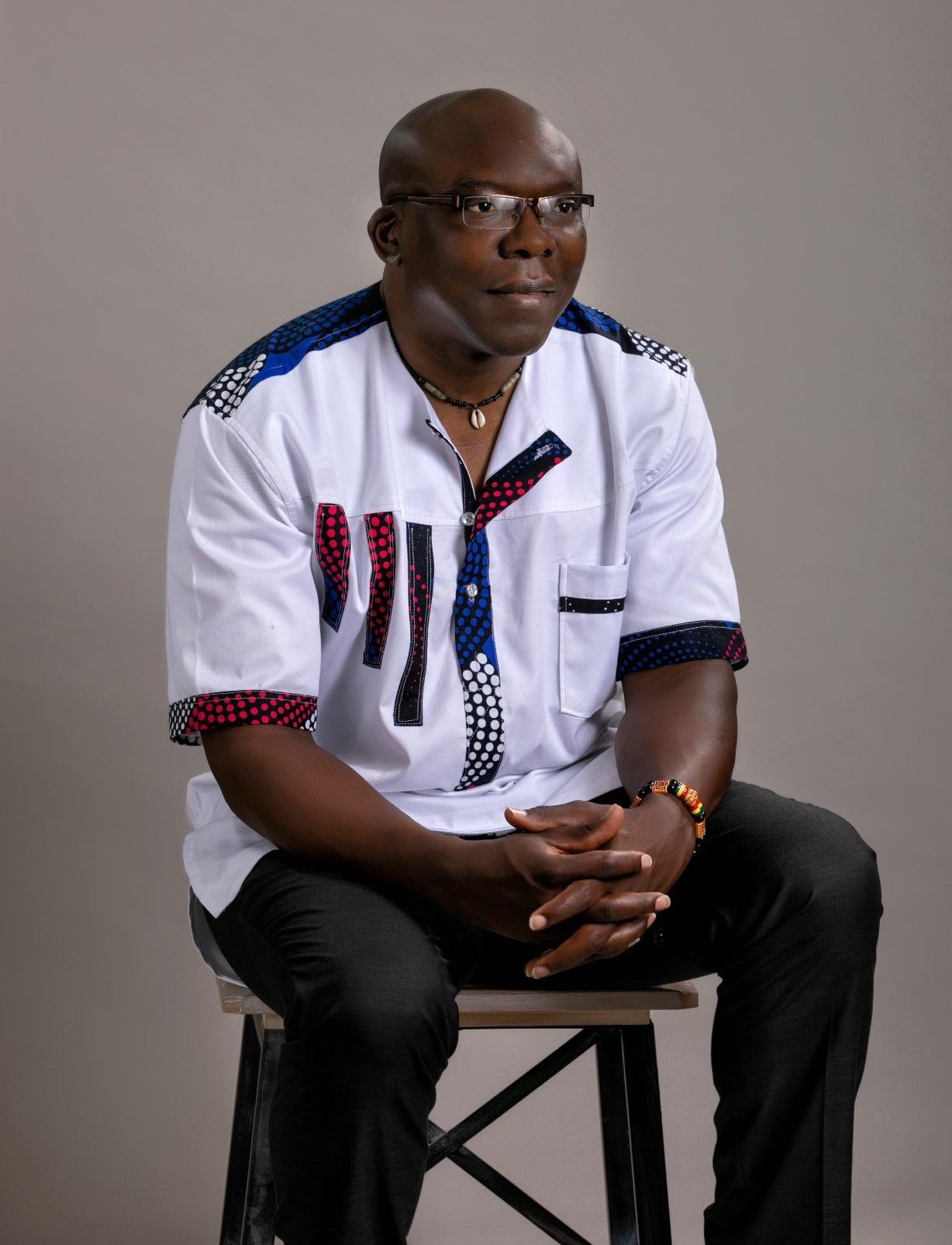Published December 5th, 2022
Review
by Viviana De Cecco
This is a book about poverty, violence, loneliness and pain, but mostly about faith in God, hope and redemption. It is the autobiographical story of the author himself, Desire Nana, who was born in Cameroon and emigrated to the United States in search of a better life. In a simple but intense style, the author describes his struggle against hatred and injustice, comparing himself to the biblical character of Joseph, son of Jacob, who, after being sold into slavery by his brothers, arrived in Egypt and, thanks to his ability to interpret Pharaoh's dreams, became Governor. The book is full of quotations from the Bible and the Gospels, which enable the reader to understand how faith in God was, and is, a fundamental part of the protagonist's life. Jesus said in Mark 9: “If you can believe, all things are possible to him who believes,” and Desire has always believed in divine power.
The narration captured me from the very first pages and moved me with its emotional intensity. The author was able to make me feel his own emotions and, while reading, his suffering became mine as well. Compared to other biographies I've read before, Desire's story is as exciting as a novel and I found myself turning the pages with the desire to finish it as soon as possible to know how it ends.
Desire Nana not only made me think about what the most important values in our lives are, but it managed to shock my conscience and touch my heartstrings. While reading, I felt anger, compassion, and sorrow for what he had to endure and I was brought to admire his determined character and the courage with which he faced the challenges of his troubled life.

From childhood, little Desire and his siblings have to endure physical and psychological abuse from his alcoholic father, who is unable to financially support his family. Their mother, a strong yet loving woman, works as a reseller of macabo (yams), but money is so scarce that all of them are forced to eat only once a day and buy medicine in illegal corner pharmacies. Cameroon is a land of conflict where corruption, unemployment, and superstition reign. The author describes very well the culture, traditions and problems that plague this African state. I'm fascinated, for example, by the figure of the "marabout," a man who can invoke supernatural power or spirit to find the source of people concerns. Desire never consulted a marabout, because he always "realized that his revelations were not always true."
Desire also describes in detail the difficulties he faces in school because he can't speak and write French, the language that is spoken in Cameroon in addition to the indigenous Mbedam language, among many other.
Feeling discriminated against and excluded because of his language deficiencies, Desire begins to suffer from depression and psychological stress. In these moments of despondency and emotional instability, he is influenced by bad company and takes a wrong path, going so far as to rob his mother. Only with the help of Mr. Innocent, a generous neighbor, does he manage to get a diploma at a middle technical school. Meanwhile, he meets Rose, a relative of Mr. Innocent, who convinces him to attend his church and convert to Christianity.
From this moment, Desire's life changes dramatically. He graduates in 1994 and, after some odd jobs, finds work as a professional electrician. But even in this company, he has to fight against the envy of his colleagues, who get him fired. One day, however, he decides to enter the Green Card Lottery and is randomly selected to immigrate to the U.S.
"Millions of people around the world play the lottery every year, but very few were selected, and there was a limit on how many applicants could have been selected in each year.” Thus, Desire does not believe that his winning was the result of chance, but that it was really the Lord who helped him.

In later chapters, he describes his journey to the United States, the medical examinations he undergoes, and the paperwork he has to fill out to get his Visa. Thanks to his knowledge of math, physics, and science, he passes the selections to join the US military. He enrolls in English as a second language courses and after a period of military training, he is assigned to a ship stationed in Virginia. Meanwhile, Desire also has time to meet a very pretty girl named Rachel, with whom he decides to get married. Soon after the wedding, he is sent to Iraq during the Gulf War. Military life is of course very hard. Desire travels the world, from the Persian Gulf to Spain, from Malta to Greece, but when he returns to the United States he leaves the military and opens his own contracting business.
In the final chapters, I find very interesting the descriptions of the cultural and social differences between Cameroon and the United States, which are seen as a promised land where people can realize their dreams thanks to their own abilities. Desire is really happy to live in the United States because "there were many wonderful things, such as cleanliness, good roads, access to clean water, facilities to create a business, easy education, easy access to employment, etc."
The first-person narration makes for a smooth read and allows the reader to identify with the protagonist, feeling involved in his sad events and fully understanding his thoughts and emotions. Although Desire's story is riddled with obstacles and abuse, he is convinced that it was the Lord who instilled in him the courage to stand against a sad fate.
Spiritual manifestation comes by bringing a Joy that transcends through my soul and only Jesus and I can understand.
This story has a high moral value and gave me an engaging and, above all, educational reading experience. Initially, I chose to read this book because I am a Christian and although I never had a complete knowledge of the Holy Scriptures, I knew I could understand Desire's love for the Lord. Moreover, I've never had the possibility to deepen my knowledge of Cameroon's history. Although Africa is a continent that has always fascinated me, I was afraid that I wouldn't be able to fully understand the culture of this unknown country, which I had always heard about in a rather superficial and stereotypical way.
Desire's book, however, opened my eyes to the harsh daily reality and sociopolitical conditions of this place so different from the one in which I live in. This story is an important testimony about a society where dictatorship threatens individual freedom and where war forces young people to face death, violence, and the loss of ethical values.
This is why the Church has been an escape route for Desire, a place of peace where he can find serenity of spirit and reflect on the true values of life. In such a violent environment, the figure of the Lord becomes crucial to the protagonist's moral rebirth. When he moves away from the corrupt environment in which he grew up to seek his fortune in the United States, Desire finds a society founded on democracy, tolerance and acceptance. Of course, the United States isn't a perfect country either, and Desire faces difficulties and religious crises here as well, but compared to Cameroon he begins to live in an environment that leads him to better himself and gives him a chance at redemption that he could never have had in Africa.
The story this book tells is a true benchmark for those who want to learn more about the African diaspora and cultural differences between United States and Cameroon in both every day and spiritual settings.
Nationality: Italian
First Language(s): Italian
Second Language(s):
English,
French,
Spanish
Supported by:

